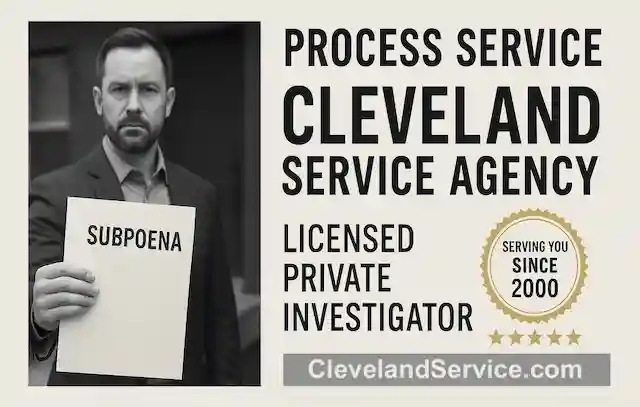When working on probate matters, attorneys and clients often encounter bond requirements. From executor bonds to guardianship bonds, courts use these financial guarantees to protect beneficiaries and other interested parties. Although probate bonds are among the most common, there is a wider world of surety bonds that attorneys should understand.
What a Surety Bond Is
A surety bond is a three-party agreement between the person required to post the bond, the surety company that issues it, and the party that requires it. If the bonded person fails to fulfill their obligations, the surety may pay valid claims up to the bond amount. The bonded person must then reimburse the surety.
In probate, courts often require fiduciaries such as executors, administrators, guardians, or trustees to post a bond before handling assets. The purpose is to ensure honesty and accountability in managing estate property.
Common Types of Bonds
Executor, administrator, or fiduciary bonds to ensure proper estate administration
Guardianship or conservatorship bonds to protect minors or incapacitated individuals
Trustee bonds for court-appointed or private trustees
Performance and contract bonds in construction or service agreements
License and permit bonds required by government agencies
Court and judicial bonds required in litigation or appeals
Each bond type serves a specific purpose, and requirements vary by jurisdiction. In Ohio, probate courts typically determine when and how a fiduciary must be bonded.
What Determines Bond Cost and Approval
The cost of a bond, called the premium, depends on several factors including the bond amount, the applicant’s credit and financial condition, and the risk level of the obligation. Some smaller or lower-risk bonds may qualify for instant approval and issuance. Larger or more complex bonds may require a full underwriting review.
Why Attorneys Should Understand Bonds
Understanding how bonds work helps attorneys provide practical advice to clients. It allows better communication about costs, timelines, and court requirements. Knowing how to guide a client through the bonding process can also prevent unnecessary delays in estate administration.
Attorneys do not have to act as bond agents, but they can point clients to reliable resources that help them meet court deadlines efficiently and correctly.
A Practical Resource for Clients
Attorneys who want to help clients secure required bonds quickly can refer them to AmericasSuretyBonds.com. The site provides instant pricing for many bond types, educational resources through its Surety Bond Encyclopedia, and an AI-based search tool called BondSearchAI to help clients identify the right bond type for their situation.
This resource can be particularly helpful for clients who need to find and obtain a bond on short notice without waiting for lengthy underwriting.












